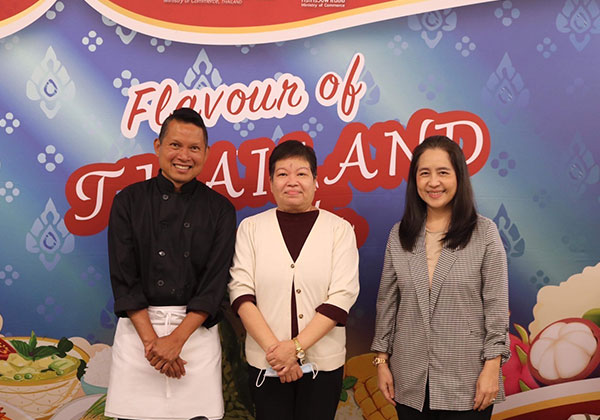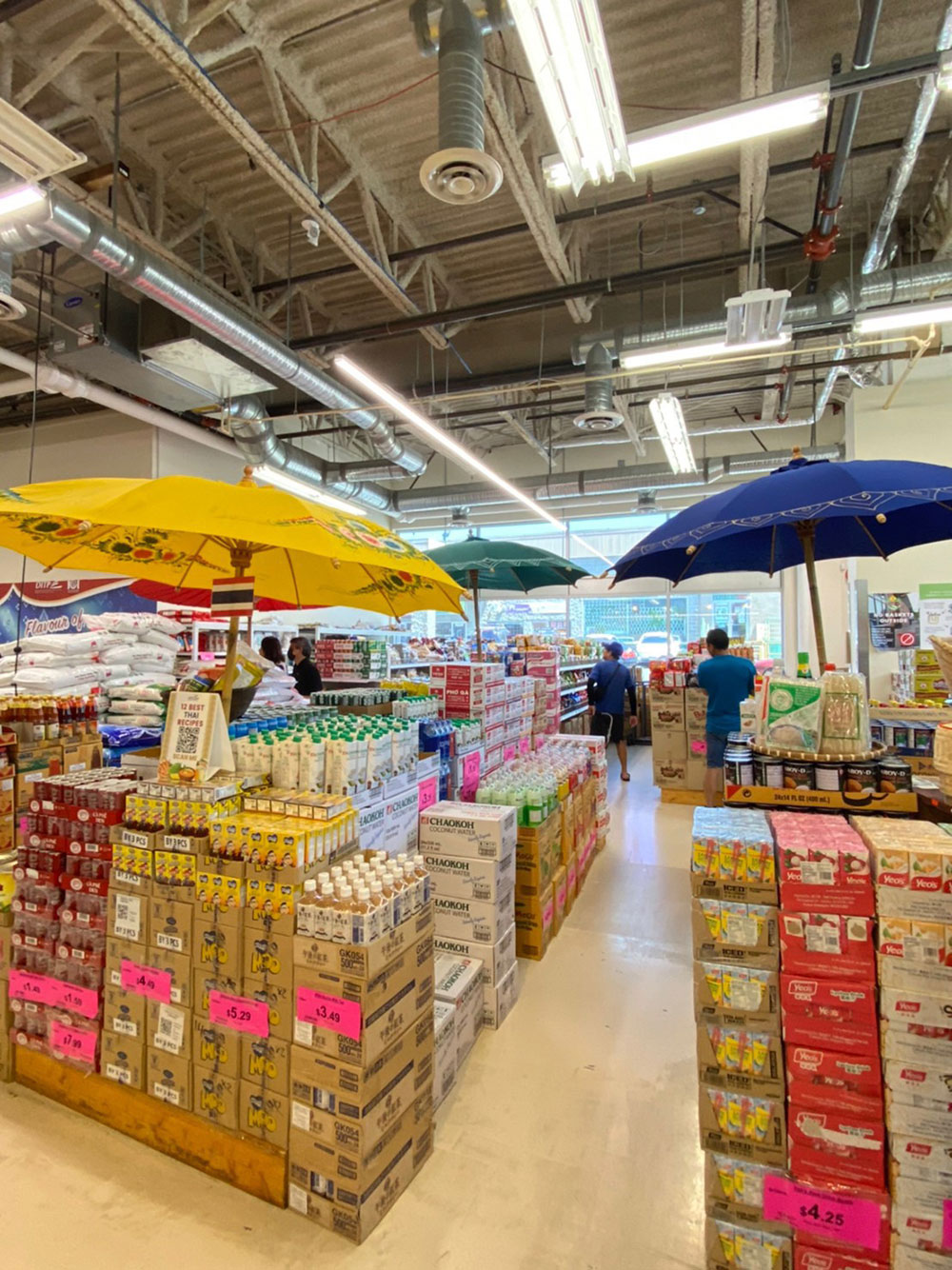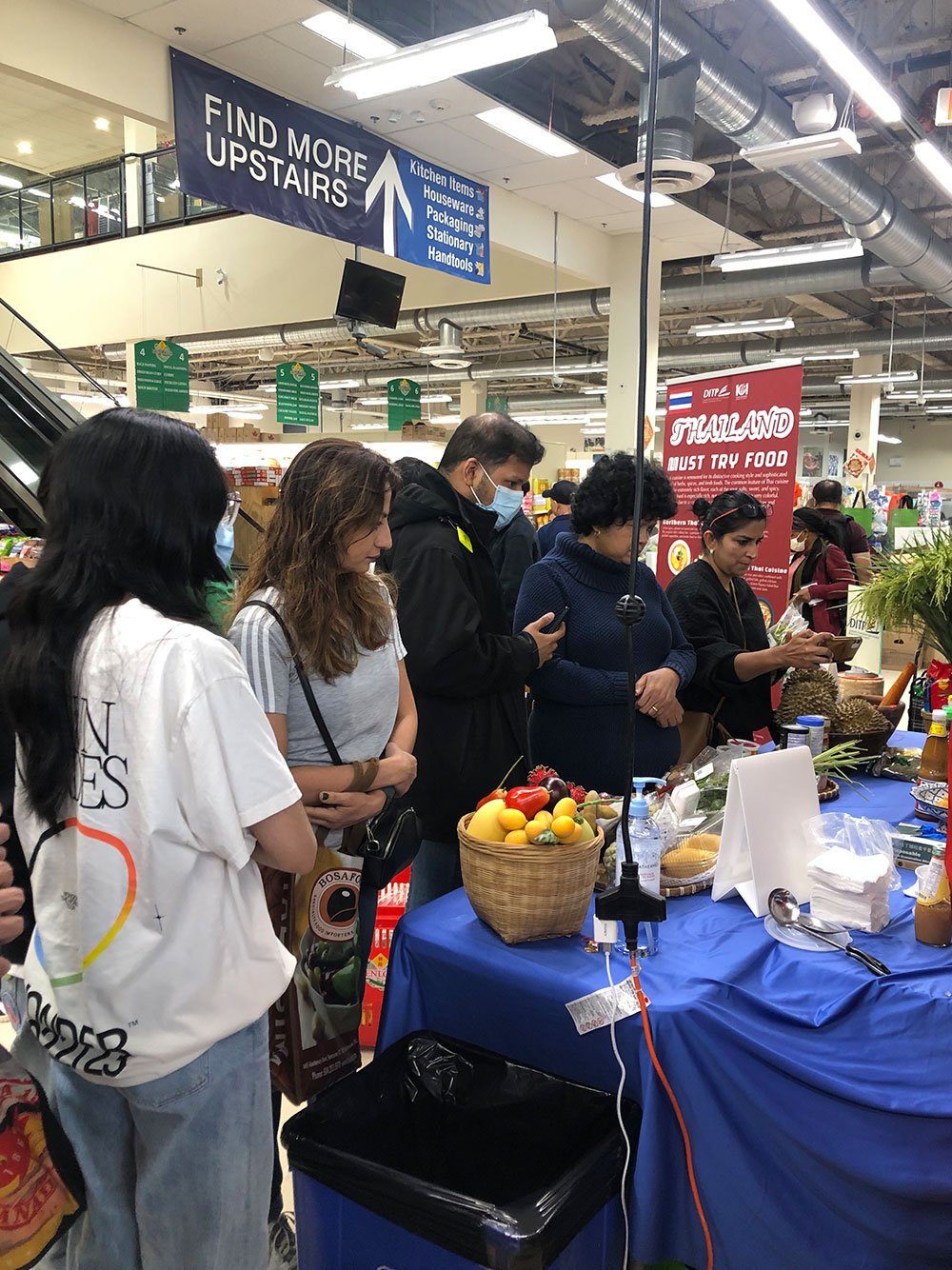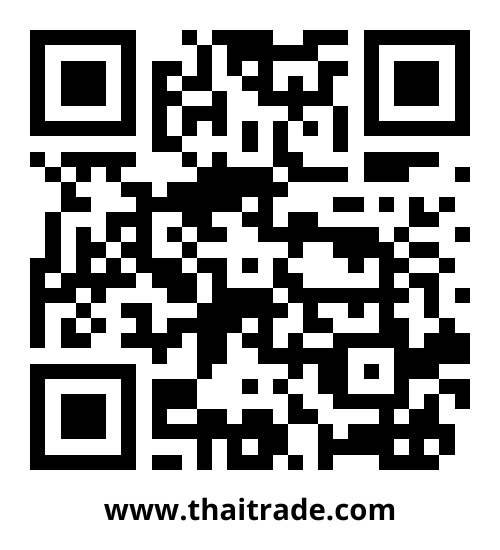
Canadian consumers have strong focus on circular economy and sustainability.
Most consumers are willing to pay more for green packaging.
Thai Trade Center has promoted Thai food through use of local influencers.
Climate change has affected the world in many ways including changing people’s mindsets and behaviour in many countries, such as Canada, which represents a great potential market for Thailand.
Chayada Sirinukul, Consul Commercial and Director of the Thai Trade Center Vancouver, says Canadian consumers have shifted their behaviour significantly towards the circular economy and sustainability, something which Thai exporters should keep in mind when trading with Canada.
Increasingly consumers are switching from regular packaging to reusable or recycled packages. Supermarkets and restaurants have turned towards green products due to consumer demands.
“More and more people are willing to pay extra for circular and green products,” Sirinukul says. “A study in Canada found that 67% of Canadian consumers are willing to spend more on eco-friendly goods. About 74% opt to pay for products that use recycled or reusable packaging, while 97% of Canadians have played a role in preserving the environment, and are ready to cooperate with government and private sector to move towards sustainability.”
Consumer demand for circular and green products fits with the Thai government’s Bio-Circular-Green (BCG) economic policy. Thus, Canada is considered as a potential market for Thai entrepreneurs to penetrate and provide products that serve the market’s needs for BCG, says Sirinukul.
Since January 1 this year, the Canadian government has issued a ban on single-use plastics aiming to reduce waste in the ocean. This regulation forces supermarkets to sell paper bags at 15 cents for shoppers and 25 cents in 2023. At the same time, Canadian companies have initiated a project to support the use of container-sharing or reusable packaging, which has received positive feedback from consumers.
Thus, many Thai exporters to Canada, such as food, seafood, health and beauty products, pet food, pet care houseware and kitchenware, electronic gadgets, and electrical appliances, should adapt to use recycled or reusable packages to serve this rising trend, Sirinukul advises.
Meanwhile, to promote exports of Thai food and other related ingredients, and increase Thai food awareness, the Thai Trade Center in Vancouver organised an instore-promotion to demonstrate Thai dishes, such as Thai Massaman curry and rice at Surrey supermarket.
The centre has also partnered with a cooking school and invited influencers to cook authentic Thai dishes alongside Thai chef. This has encouraged them to post a video clip and story about Thai food on their social media and boost Thai food awareness.
The centre is also preparing a Thai Select restaurant map to guide local people to dine at authentic Thai restaurants. There are around 50 restaurants in Vancouver and the west coast.
For more information, please contact [email protected]
Words by Petchanet Pratruangkrai
Photo courtesy of DITP’s Overseas Office in Vancouver, Canada







